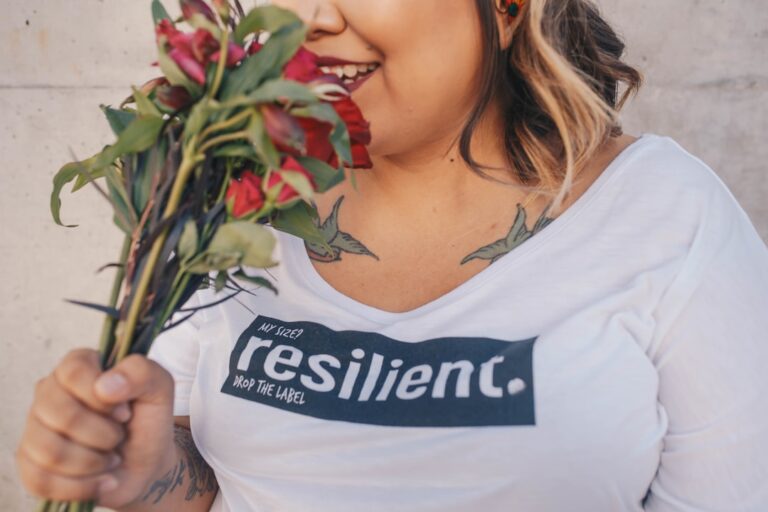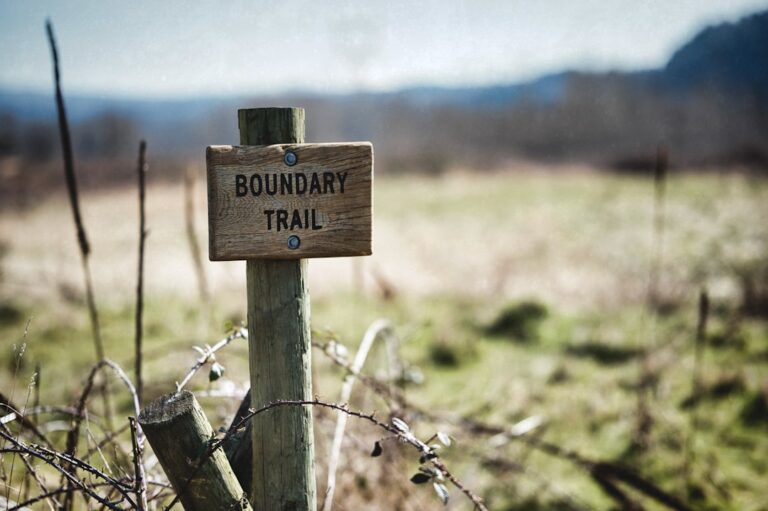
That familiar knot tightens in your stomach. Your mind races. But when you try to name the fear, you draw a blank.
It’s a deeply unsettling feeling isn't it? To be anxious and not know why. You search for a reason. A trigger. Something to explain the unease. Sometimes there isn't an obvious answer. And that can make the anxiety even worse. If this sounds like you, please know you're not alone. Many of us experience this floating anxiety. It’s confusing and frustrating. But there are ways to navigate it.
First Things First: Breathe and Accept
When that nameless anxiety creeps in the first instinct might be to fight it. To push it away or figure it out immediately. Try something different. Just acknowledge it. Say to yourself "Okay anxiety is here. I don't know why right now but it's here."
Fighting it often adds another layer of stress. Acceptance isn’t about liking the feeling. It’s about making space for it without judgment. This simple shift can sometimes take a bit of its power away.
Gentle Investigation: What's Your Body Saying?
Sometimes our bodies hold clues our minds haven't caught yet. Instead of mentally wrestling with the "why" try tuning into your physical sensations. Ask yourself where you feel the anxiety in your body. Is it a tight chest a churning stomach or tense shoulders? Consider what it actually feels like – is it sharp buzzing or heavy? Notice too if you are clenching your jaw or holding your breath.
Don't try to change these sensations. Just notice them. This practice called a body scan can ground you. It brings you out of the whirlwind of anxious thoughts and into the present moment. I remember when I, Stephen, was struggling with binge eating and generally unhealthy habits. Often a vague sense of anxiety would precede a craving. It took time to realize my body was trying to tell me something about malnourishment or emotional distress long before my conscious mind labeled it.
The Brain Dump: Get It All Out
Our minds can be messy places. Full of to-do lists lingering worries half-formed thoughts. Sometimes this mental clutter contributes to a general sense of unease.
Grab a piece of paper and a pen or open a blank document. Just start writing. Let everything flow onto the page. This could be worries big or small. It might be tasks you need to do. Perhaps it's things that annoyed you or just random thoughts. Don’t censor yourself. Don’t worry about grammar or making sense. The goal is to empty your head. Often when you see it all written down you might spot a hidden stressor or simply feel lighter having cleared some mental space.
Check Your Physical Foundation
It’s amazing how much our physical state can influence our emotional state. Before you dive deep into existential angst ask yourself some basic questions:
- Have I eaten recently? Is it nutritious food?
- Am I hydrated?
- Did I get enough sleep?
- Have I had too much caffeine or sugar?
- Have I moved my body today?
When I was on my journey to lose over 110 pounds I learned this lesson profoundly. Days when I ate poorly or skipped exercise almost always came with a side of irritability or a low hum of anxiety. Fueling my body right and moving it regularly became non-negotiable for my mental well-being as much as my physical health. Simple things like a glass of water or a short walk can sometimes make a surprising difference.
Shift Your Focus or Scenery
Stuck in an anxiety loop? Change something. Anything.
If you’re sitting get up. If you’re inside step outside for a few minutes. Put on some music you love. Call a friend to talk about something completely different. Engage in a simple task like washing dishes or tidying a small area.
The idea is to gently nudge your brain out of its anxious rut. I found that even when I felt overwhelmed or unfocused committing to a short burst of deep work say 25 minutes could paradoxically reduce my anxiety. It gave my mind something concrete to focus on rather than the formless worry. This approach of short productive bursts is a key part of how I structure my days now.
Connect with Something Greater
Sometimes that unnamed anxiety comes from a deeper place. A sense of disconnection or a longing for meaning. This is where faith or a connection to something larger than yourself can be incredibly grounding.
For me strengthening my Christian Orthodox faith has been a cornerstone in navigating life's uncertainties including those moments of inexplicable anxiety. Prayer, spending time in quiet reflection, or reading something spiritually uplifting can provide a profound sense of peace and perspective. It reminds me that I'm not alone and that there's a purpose even in challenging times. It helped me find meaning beyond overcoming habits like gaming or binge eating; it gave me a true north.
If faith isn't your path perhaps it's connecting with nature spending time with loved ones or engaging in a cause you care about. Find what anchors you.
Practice Self-Compassion
This is so important. When you're anxious and don't know why it's easy to feel frustrated with yourself. To think "What's wrong with me?"
Be kind to yourself. Imagine you're talking to a close friend who feels this way. What would you say to them? You’d likely offer comfort understanding and reassurance. Offer that same kindness to yourself.
Remember overcoming challenges whether it was my past struggles with laziness smoking or other unhealthy habits wasn't about being perfect. It was about self-compassion on the tough days and celebrating small wins. Practicing daily gratitude for even tiny victories helped reshape my outlook. You're human. You're doing your best.
When to Seek More Support
While these strategies can be very helpful if you find that this unexplained anxiety is frequent intense or significantly impacting your daily life please consider talking to a doctor or mental health professional. They can help you explore potential underlying causes and develop more targeted strategies. There's no shame in seeking support. It's a sign of strength.
That anxious feeling without a clear cause is tough. It can leave you feeling adrift. But you don't have to just endure it. By gently exploring what's happening within you checking your foundational needs and practicing self-kindness you can navigate these moments with more grace.
What’s one small act of self-compassion you can offer yourself the next time that nameless anxiety appears? Perhaps it’s simply acknowledging the feeling without judgment. That first step can make all the difference.





